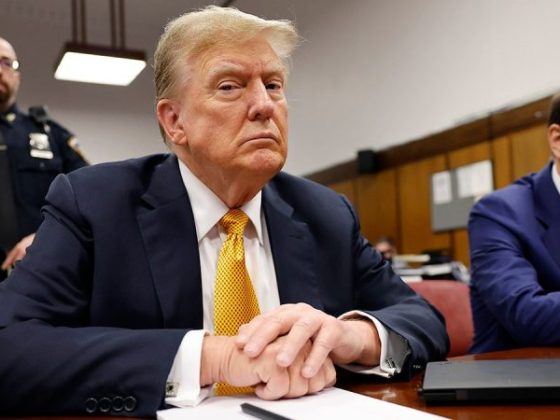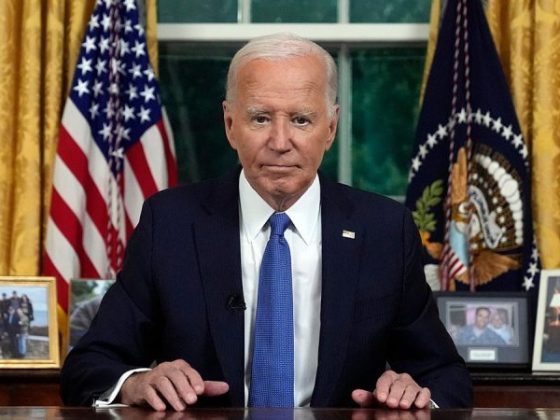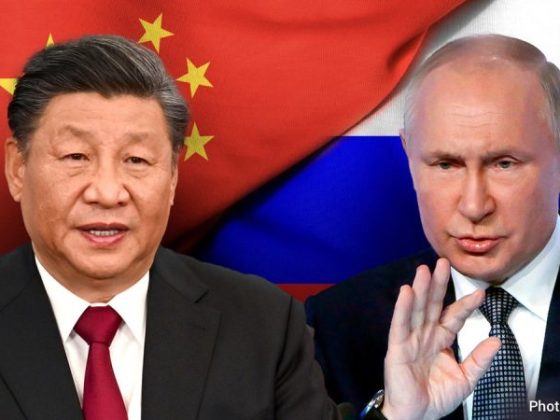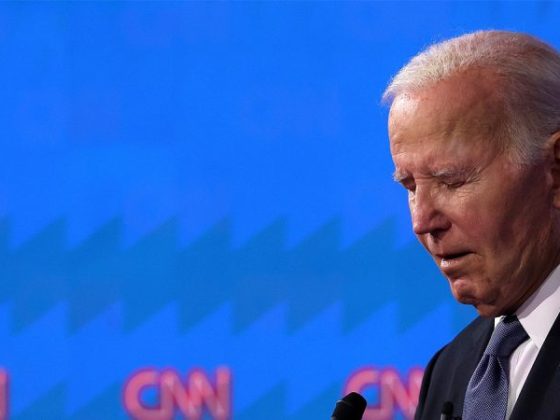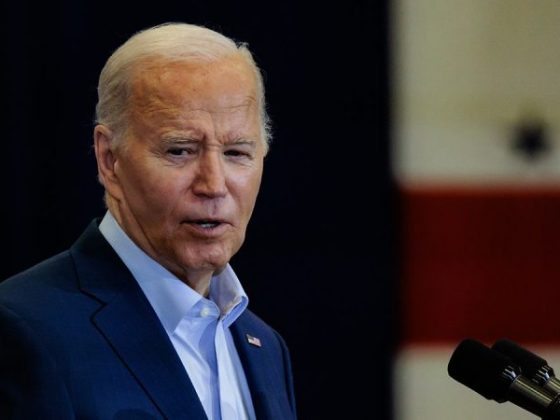Body:
The International Criminal Court (ICC) has been at the centre of harsh criticism following their swift inquiry into alleged war crimes by Israel while flagrantly overlooking other nations perpetuating gross human rights violations. Critics around the globe, encompassing a raft of diverse legal, academic and political experts, have lambasted the ICC for what they perceive to be a politically driven agenda that is undermining its unique status as an unbiased global judicial body.
The overarching concern from these critics is the lens through which the ICC appears to examine and assess cases. Apparently, issues of gravity and real-time crisis, particularly in countries like Myanmar, North Korea and Syria, where confirmed brutal regimes exist, have not experienced the same haste in legal proceedings. Critics argue that these discrepancies highlight a clear bias within the ICC, undermining its credibility, objectivity and impartiality.
Observers have pointed to the cases of Myanmar and Syria as harsh examples of the ICC’s double standards. In Myanmar, the global community has borne witness to the ethnic cleansing of Rohingya Muslims, a heinous act that unequivocally qualifies as a crime against humanity. Similarly, Syria has seen years of atrocious civil war atrocities, with documented instances of chemical weapon usage, torture, and mass arrests instituted by its ruling regime.
Despite the enormity and severity of these crimes, the ICC’s response has been noticeably slower and less decisive than their case against Israel. Israel’s case, which stems from the 2014 Gaza War, was swiftly progressed forward despite its legal and factual complexities. This has led to the accusation that the ICC’s decisions might be informed more by political agendas than by the severity and accountability of the alleged crimes.
Analysis from politics to the academe have earmarked this as a moment of significant concern for the ICC’s reputation and legitimacy. Legal scholar Adam Smith notes that “the ICC’s demonstrated preferential treatment threatens its impartial standing.” He argues that for any judicial institution to maintain authority, it needs to display an unwavering commitment to equal treatment before the law.
Political analyst Peter Johnson suggests that the ICC’s actions have squarely put them in an acquiescent position with the international political establishment. He claims that the ICC should be driven by the principle of upholding human rights, not caving into political pressures.
Moreover, the use of the ICC as a tool for political agendas risks shifting the court away from its critical role in holding perpetrators of gross human rights violations accountable. By implication, this lessens the deterrent effect that the ICC should represent against potential violations.
While the ICC’s actions continue to invite criticism, there is a dire need for reflection and realignment within the institution. The court’s future and its very legitimacy hinge on its ability to address these criticisms, strike out favouritism, ensure balanced prosecution, and maintain commitment to its founding principles. If the ICC is indeed intent on upholding justice in response to the worst human rights abuses, then it must ensure that it dispenses its responsibility without fear, favour, or political bias.


